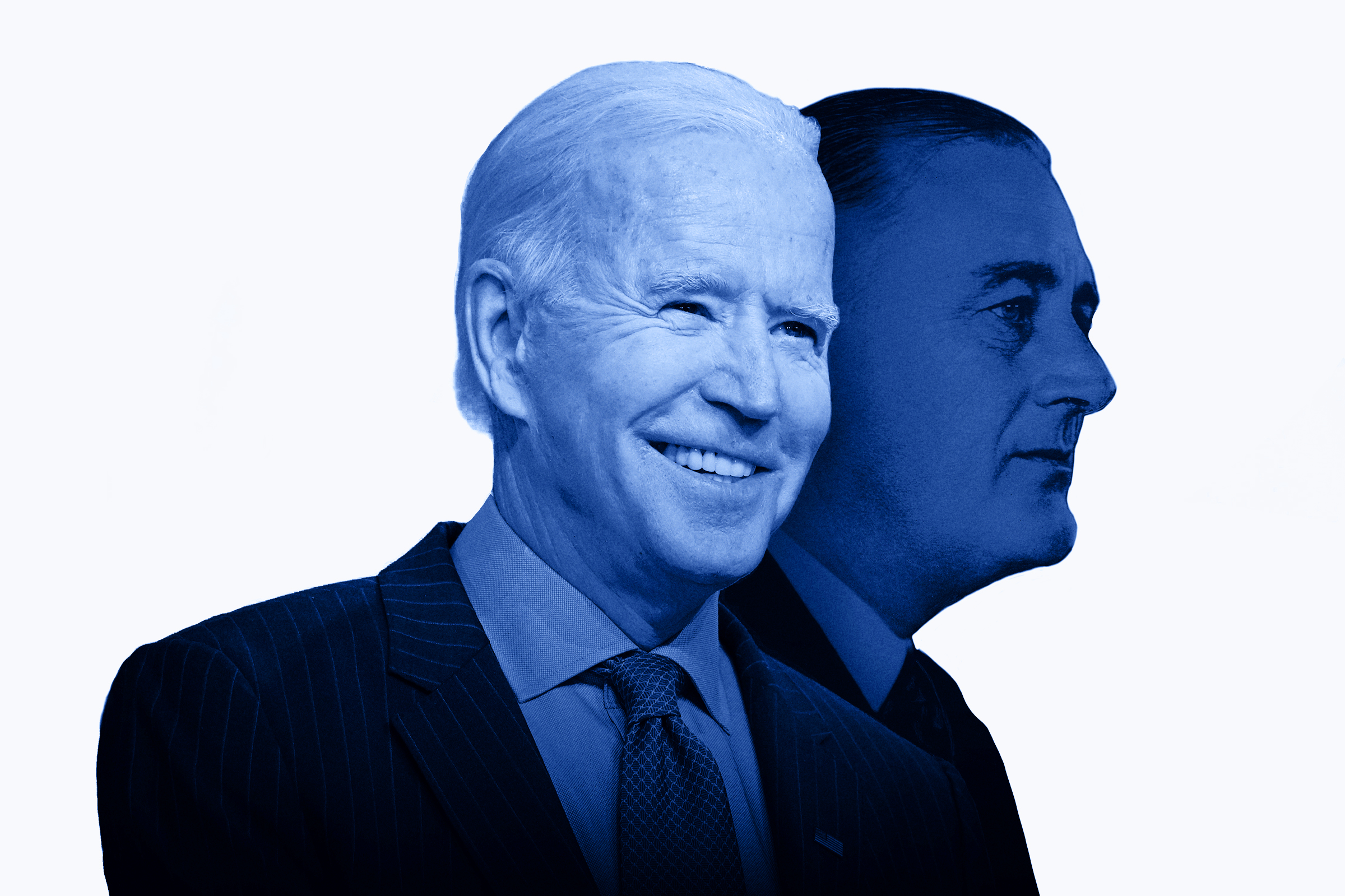
Why the recently approved $1.9 trillion bailout could change America
The definition of the modern U.S. presidency was coined by Franklin Delano Roosevelt when he took office in March 1933 in circumstances so dire they are rather reminiscent of the current situation. The metric of the first hundred days in the White House comes from FDR and all his domestic initiatives under the label of the New Deal, which sought to rescue democracy and the market economy that had been so badly affected by the Great Depression.
Jonathan Alter recounts in his book “The Defining Moment” that, soon after sitting down in the Oval Office, FDR received a visit from a friend, who said of his ambitious reform efforts: “Mr. President, if your program succeeds, you’ll be the greatest president in American history. If it fails, you will be the worst one.” To which Roosevelt, always quick with irony, replied: “If it fails, I will be the last one.”
Following the United States’ approval of the $1.9 trillion rescue package, comparisons are being made between Joe Biden and FDR. The amount is of such magnitude as to suggest a resurrection of social democracy in a country far more comfortable with individualism and civil society than with public interventionism, albeit with the best of intentions. Ronald Reagan once said, “The nine most terrifying words in the English language are: ‘I’m from the government and I’m here to help.’”
The budgetary outlay for dealing with the impact of COVID-19 on the world’s largest economy will make it possible for low-income families to receive subsidies worth $12,460. The federal government will multiply the funding of health care coverage for the most disadvantaged citizens, with the expectation of halving child poverty rates.
With this proliferation of direct aid, the role of government and the public in the U.S. is returning to what it was in FDR’s republic. This is not about socialism, but about combating the corrosive climate of insecurity and precariousness that the pandemic has only served to increase.

Leave a Reply
You must be logged in to post a comment.